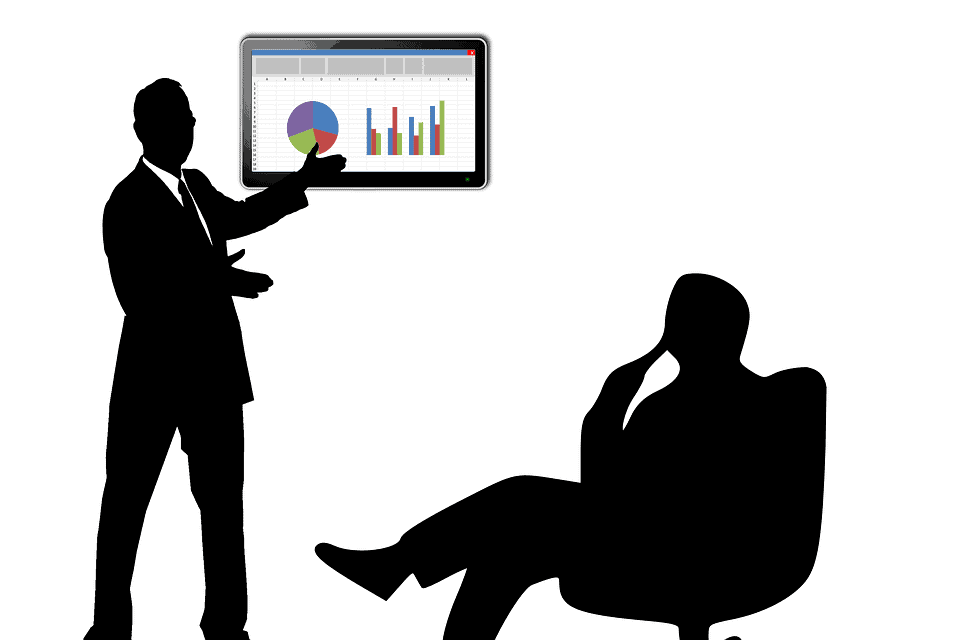
Mobile World Congress: Getting the most out of media briefings
The Mobile World Congress countdown has reduced from weeks to days. Exhibitors may be busy finalising arrangements for the show, but we’d still recommend finding time to prepare for a hugely valuable part of any trade show: media briefings.
Honing your media training and communications skills will ensure that your company gets the most out of each analyst and journalist briefing. Importantly, you must deliver this same value to the journalist or analyst in return. Competition for media time at the show is fierce, with journalists meeting with countless companies over the four-day event. As such, it’s important to stand out: you must be able to effectively convey your messaging to a journalist. At the same time, they should gain valuable insight and remember the meeting for the all right reasons.
So, first off, make sure that each and every spokesperson has been properly briefed and media trained. Doing so will help keep tricks and tips fresh in the mind of spokespeople, rather than getting forgotten in the midst of other pre-MWC preparations.
It’s likely that you and your team will be meeting with journalists from a broad range of media, so advice on how to respond to an equally broad range of questions is essential. You may have to field technical questions from vertical media, so knowledge of granular workings of products and solutions is key; diagrams, on-screen demos and tangible products can be useful tools.
Every meeting counts, so make sure your team – or your PR agency – provides you with comprehensive material on each meeting ahead of time. This should include the level of knowledge the journalist has of both your company and the industry you operate in, as well as understanding the journalist’s specific areas of interest, including examples of recently-published work.
Tech journalists are not one and the same! Backgrounds and knowledge levels may differ wildly; from an industry veteran with a degree in engineering and extensive journalistic experience, to a junior in their first month on the job. The more you understand about those you’re meeting, the more you can tailor your discussion, and the more you’ll both get out of each briefing.
Journalists can ask tricky questions – it’s their job after all! – so prep beforehand and arm yourself with suitable responses. Ensure you know which customers are in the public domain and which haven’t been disclosed, and don’t divulge anything that could impact customer relationships. Ultimately, nothing is off the record, so don’t discuss anything you don’t want published.
On the subject of what not to say: there’s no value in repeating to journalists the same marketing-led language they probably hear time and again. Instead, provide real world examples of why your technology matters and the challenges it solves.
Finally, remember that any journalist or analyst is likely to be in a similar position to yourself. MWC is four days of introductions, catch-ups, handshakes, product demos, long days and late nights. So: be enthusiastic! Taking an enthusiastic and upbeat tone shows you believe in what you’re advocating, and encourages others to buy in.





